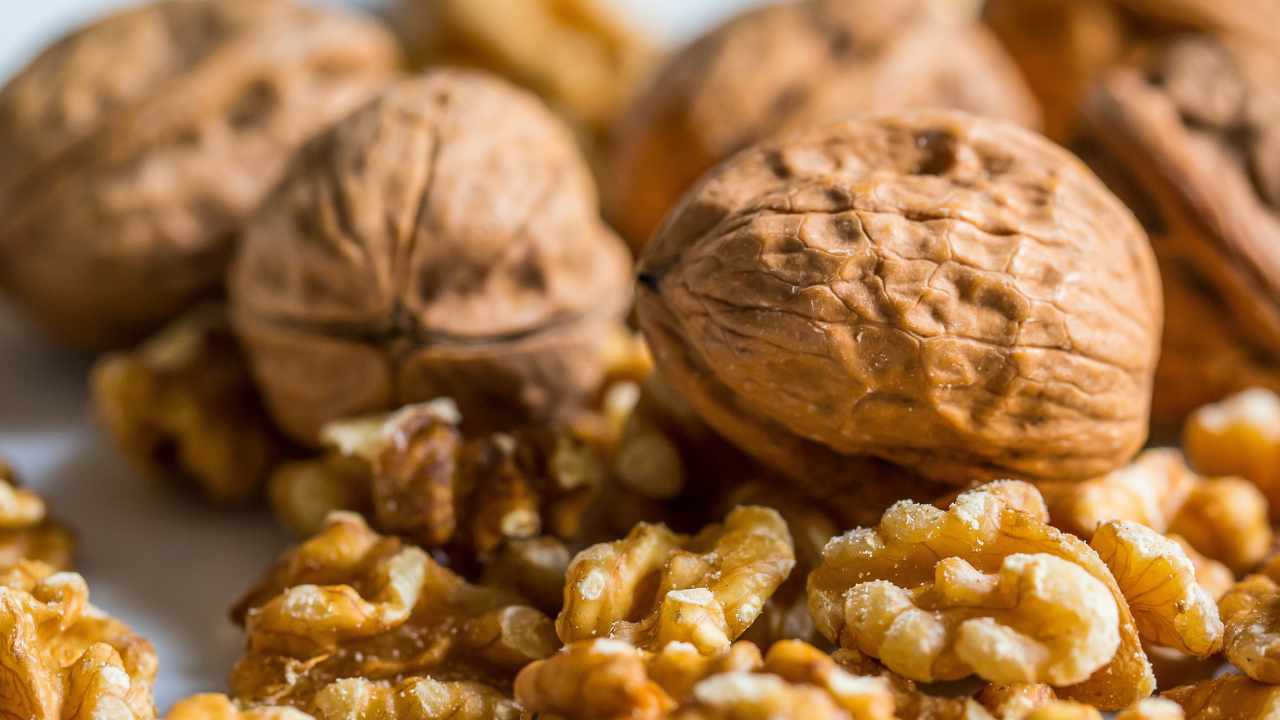Why Nuts Should Never be Missing From Your Diet
Walnuts belong to the dried fruit family and are widely regarded as one of the healthiest foods you can add to your diet. These fruits are very important in a balanced nutrition regimen. Packed with unsaturated fats, including omega-3 and omega-6 fatty acids, they offer notable benefits for heart and cardiovascular health. These healthy fats contribute to reducing blood cholesterol levels, promoting overall heart well-being. Furthermore, walnuts serve as a source of plant proteins, supplying essential amino acids necessary for repairing and building muscle tissue.

Properties, benefits and uses of walnuts
Rich in dietary fiber, a nutrient with several health benefits, walnuts aid in regulating the digestive system and help maintain a healthy blood glucose balance. Moreover, the inclusion of dietary fiber in the diet can contribute to weight management by providing a prolonged feeling of satiety, assisting individuals in making healthier food choices and potentially supporting weight loss efforts.
Walnuts, being oily fruits, also contain vitamin E. This potent antioxidant plays a crucial role in protecting cells from oxidative stress. This vitamin helps maintain healthy skin and is known for its potential to reduce premature aging.
Despite their numerous health benefits, consuming walnuts in moderation is essential due to their high caloric content. Recommended doses vary between 28 and 30 grams per day, roughly equivalent to a handful of nuts.

In the kitchen, they are the absolute protagonists of various traditional preparations and recipes. From walnut cakes and walnut pesto to desserts, ice cream, and biscuits, they add a distinctive and rich flavor to sweet treats. Beyond sweet applications, walnuts shine as a main ingredient in savory dishes, elevating salads, pairing well with goat’s cheese, or enhancing the depth of flavor in nut soups.
The versatility of walnuts extends to replacing ingredients in some recipes. For example, nut flour can be used as a gluten-free alternative to wheat flour, catering to those with dietary restrictions. Additionally, nut butter can substitute traditional butter in desserts, offering a lighter and healthier option.





